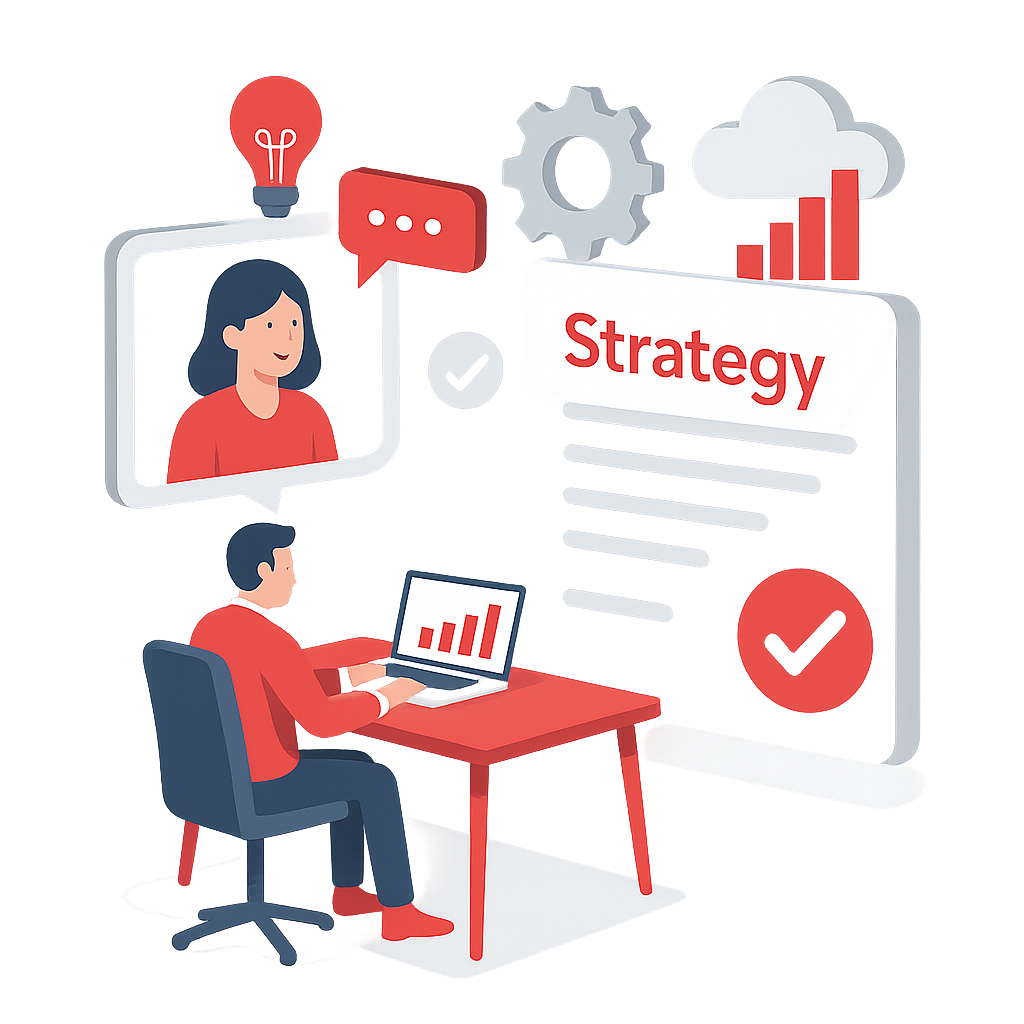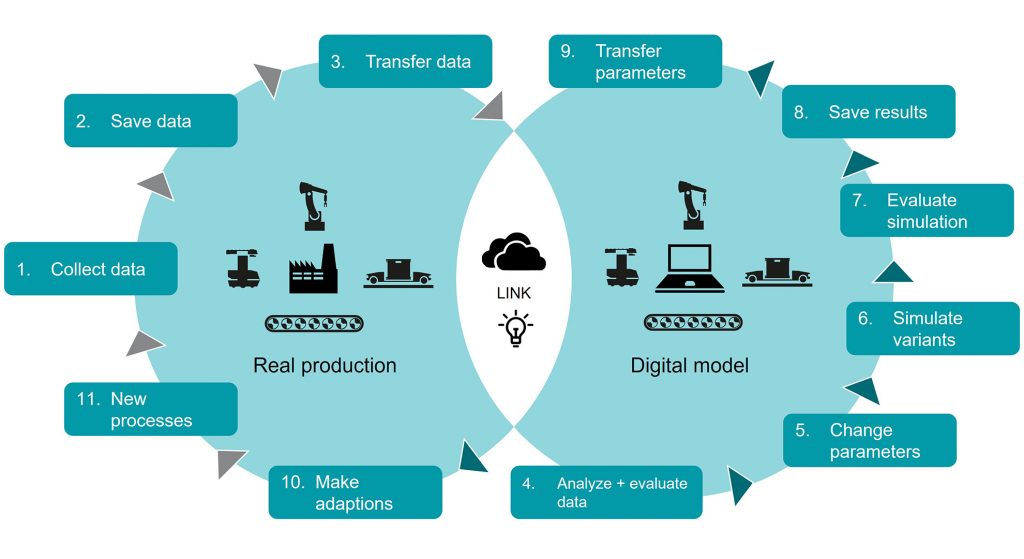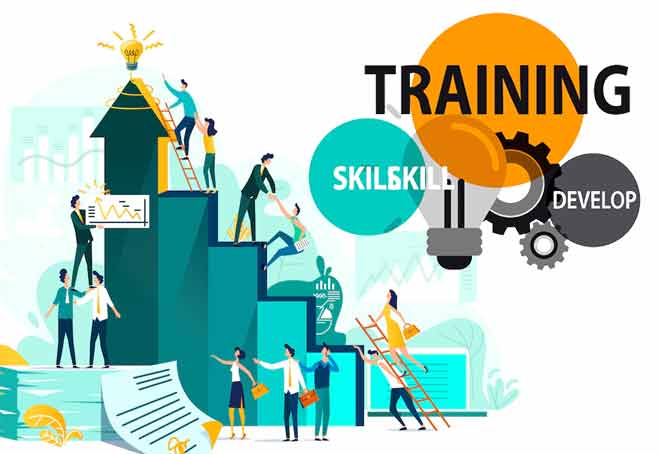
Key Features of Digital Consulting & Training
Strategy Planning: Experts guide your digital transformation roadmap.
Process Optimization: Streamlining workflows for efficiency and growth.
Technology Advisory: Recommending tools, platforms, and solutions.
Training & Workshops: Staff upskilled on systems and best practices.
Change Management: Smooth adoption of new processes and technologies.
Performance Analytics: Insights to improve digital initiatives.
Innovation Support: Helping implement modern, cutting-edge solutions.
Digital Consulting & Training Applications in action
Digital Strategy: Roadmaps created to align technology with business goals.
Process Optimization: Workflows redesigned for efficiency and automation.
IT Infrastructure Consulting: Systems assessed and strengthened for reliability and growth.
Software Implementation: ERP, CRM, and tools selected and deployed effectively.
Employee Training: Staff trained on systems and tools for confident use.
Workshops & Awareness: Teams educated on new trends like AI, cloud, and cybersecurity.
Performance Tracking: Initiatives monitored and refined for continuous improvement.
In today’s fast-changing digital world, technology alone isn’t enough — what matters is how effectively it’s used.
Our Digital Consulting & Training service helps organizations plan, implement, and sustain meaningful digital transformation.
We focus on bridging the gap between technology and people. From creating a clear digital strategy to training your staff, we ensure every system you invest in delivers measurable results.
Our experts work alongside your team to analyze current operations, identify improvement areas, and design tailored solutions that drive growth, efficiency, and innovation.
Whether it’s upgrading IT infrastructure, automating workflows, choosing the right software, or equipping your team with modern skills — we make digital change practical, smooth, and sustainable.
Purpose: To help your business evolve confidently in a digital-first era through the right technology, clear strategy, and skilled people.
types of Digital Consulting & Training

IT Strategy Consulting turns technology decisions into business decisions.
Consultants assess your current setup, identify gaps, design a roadmap, and ensure IT becomes a driving force for growth — not just a background utility.
Purpose: To align technology with your company’s long-term goals and make sure every digital move adds measurable value.
1. IT Infrastructure Assessment
-
Review existing hardware, software, and network setups.
-
Identify strengths, weaknesses, and gaps in current systems.
-
Ensure systems are scalable and reliable for future growth.
2. Digital Transformation Roadmap
-
Plan step-by-step adoption of new technologies.
-
Align IT initiatives with business objectives and market trends.
-
Prioritize initiatives based on impact, cost, and feasibility.
3. Technology Budgeting & Planning
-
Estimate costs for hardware, software, and services.
-
Recommend optimal investments for ROI and efficiency.
-
Avoid unnecessary spending while ensuring future readiness.
4. Risk & Compliance Assessment
-
Identify potential risks in IT systems and data management.
-
Ensure compliance with industry standards and regulations.
-
Provide recommendations for mitigation and security improvements.
5. Performance & KPI Definition
-
Define key performance indicators (KPIs) for IT success.
-
Measure system performance, uptime, and efficiency.
-
Ensure IT strategy drives tangible business outcomes.

Cloud Consulting & Migration means helping a business move its systems, data, and applications from on-premise servers to cloud platforms (like AWS, Azure, or Google Cloud) in a secure, efficient, and cost-effective way.
It’s about guiding companies to use the cloud for flexibility, scalability, and better performance instead of just lifting and shifting without planning.
Purpose: To help businesses leverage the cloud for agility, remote accessibility, scalability, and modern digital capabilities while minimizing disruption.
1. Cloud Readiness Assessment
-
Evaluate current systems for cloud compatibility.
-
Identify which workloads can move to the cloud safely.
2. Cloud Architecture Design
-
Design scalable, secure, and cost-effective cloud solutions.
-
Recommend public, private, or hybrid cloud approaches.
3. Migration Planning & Execution
Plan smooth transition from on-premise to cloud.
Ensure minimal downtime and data integrity during migration.
4. Cost Optimization & Management
Monitor cloud usage and optimize resources.
Avoid unnecessary expenses and maximize ROI.
5. Security & Compliance in Cloud
Implement cloud security best practices.
Ensure compliance with relevant standards (e.g., GDPR, ISO).

Digital Process Optimization means improving a company’s existing processes by using digital tools, automation, and data-driven strategies to make operations faster, more efficient, and less error-prone.
Instead of just doing the same tasks digitally, it focuses on streamlining workflows and maximizing productivity.
Purpose: To help businesses save time, reduce costs, and improve accuracy and overall operational efficiency.
1. Business Process Analysis
-
Evaluate existing workflows and processes.
-
Identify inefficiencies, bottlenecks, and redundancies.
2. Automation Strategy
Introduce software tools and automation to simplify tasks.
Reduce manual errors and improve speed of operations.
3. Process Redesign & Improvement
Re-engineer workflows for maximum efficiency.
Align digital processes with organizational goals.
4. Performance Metrics & Monitoring
Track productivity, turnaround time, and error rates.
Continuously improve processes based on measurable outcomes.

Training & Skill Development means equipping employees with the knowledge and abilities they need to effectively use digital tools, technologies, and workflows. It’s about building competence and confidence so staff can perform their roles more efficiently in a digital environment.
Key aspects include:
-
Needs Assessment: Identifying the skills gaps and training requirements for different teams or roles.
-
Structured Training Programs: Providing workshops, online courses, and hands-on sessions on software, tools, and digital processes.
-
Continuous Learning: Encouraging ongoing skill enhancement through certifications, refresher courses, and knowledge sharing.
Purpose: To ensure employees are up-to-date with technology, improve productivity, and support organizational growth in the digital landscape.
1. Staff Training Programs
-
Conduct workshops and hands-on training sessions.
-
Cover software tools, cybersecurity, and digital skills.
2. E-Learning & Self-Paced Modules
Provide online learning platforms and resources.
Enable staff to learn at their own pace.
3. Certification & Skill Validation
-
Offer tests and certifications for completed training.
-
Ensure staff competency and readiness for digital tasks.
4. Continuous Learning & Support
-
Provide ongoing support and refresher courses.
-
Encourage adoption of new tools and technologies.
